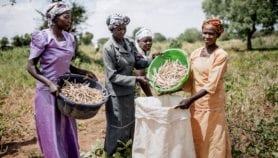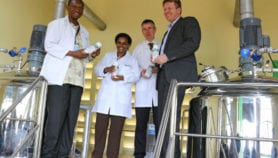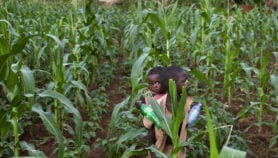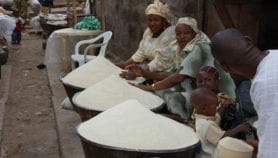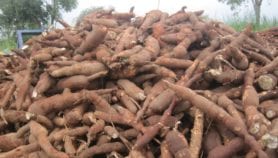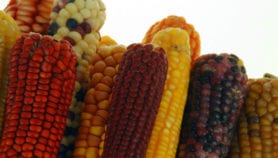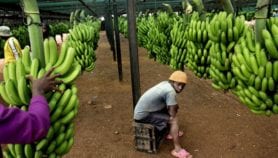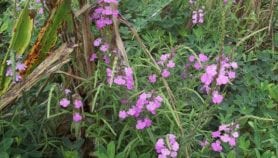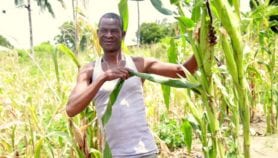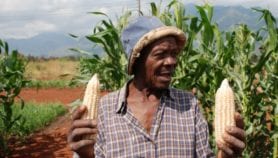Send to a friend
The details you provide on this page will not be used to send unsolicited email, and will not be sold to a 3rd party. See privacy policy.
A high-yielding, drought-resistant wheat variety is contributing to Kenya’s food security and economic and social needs.
In collaboration with the International Atomic Energy Agency, Kenya’s Agricultural Research Institute (KARI) produced their first mutant strain of wheat, Njoro-BW1, in 2001.
Researchers used ‘mutation plant breeding’, a process that alters the traits and characteristics of crops using radiation to induce mutations.
In addition to being drought-resistant, Njoro-BW1 is moderately resistant to wheat rust, a virulent strain of fungus that hits crops in Kenya and other African countries. It also produces high yields of grain for flour, with high baking quality.
Kenyan farmers have been able to harvest on dry lowlands, with reports of the variety also growing successfully in highlands and acidic soils.
Miriam Kinyua, KARI’s former chief plant breeder and centre director, believes that mutation techniques are Kenya’s best option for developing better wheat varieties.
As of January 2008, global wheat prices were 83 per cent higher than the previous year. The development of new wheat varieties is vital if Kenya is to boost agricultural production.


